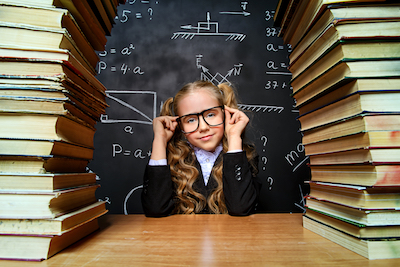What if you had proof that something would make your child better at language skills, would you do it?
As parents, we’re looking for that “magic” all the time. That’s why we invest in lessons, after school activities, and purchase resources that make certain promises.
What if someone told you that practicing the piano was “magic?” Would you add piano practice to their daily routines? 
According to a study published in Proceedings of the National Academy of Sciences, there is evidence that practicing the piano early in life enhances the way a child processes sounds. That transfers into the way a child hears language, giving them better skills at language acquisition.
The study sorted 4 and 5 year old Mandarin-speaking Chinese kindergartners into three groups. One took piano lessons each week, one received reading instruction, and the final group did neither. The group that practiced the piano did significantly better at distinguishing small nuances in language processing.
Other studies have also shown advances in language skills when music lessons are incorporated into their daily routines. But it doesn’t stop there.
Music has been shown to be a powerful treatment for many different cognitive disorders, including things like ADHD.
Piano affects the frontal lobe, which is responsible for decision making. It can boost problem solving, and help fuel spontaneous creativity.
Piano playing can improve multitasking abilities. Because playing the piano requires many different things at the same time – playing with both hands, reading music, following pitch, operating pedals – it helps a child be more comfortable doing different things at the same time.
If you want to give your child every advantage as they grow and develop, look no further than the piano. It’s long been thought of as a cornerstone in a family household; maybe there’s a good reason.

